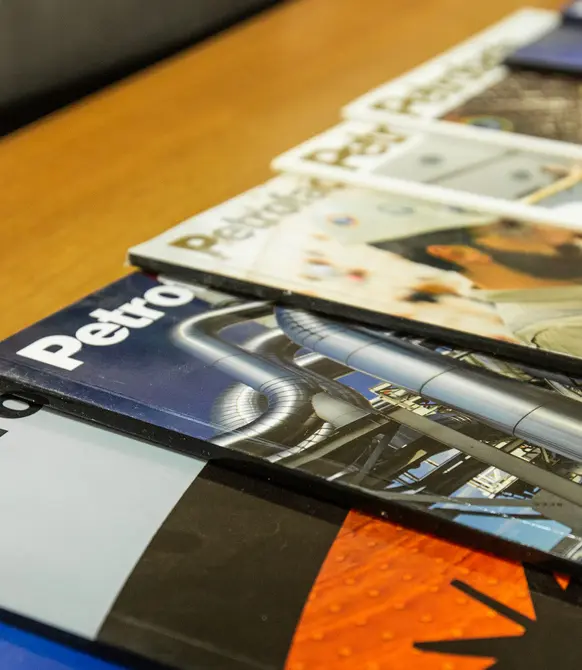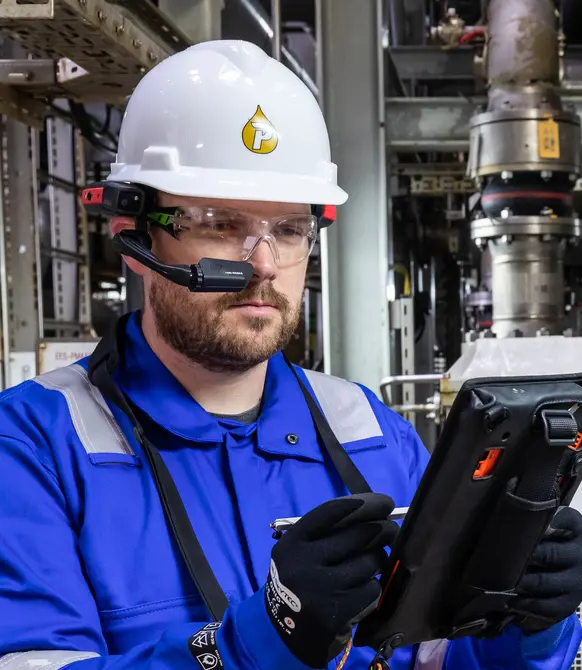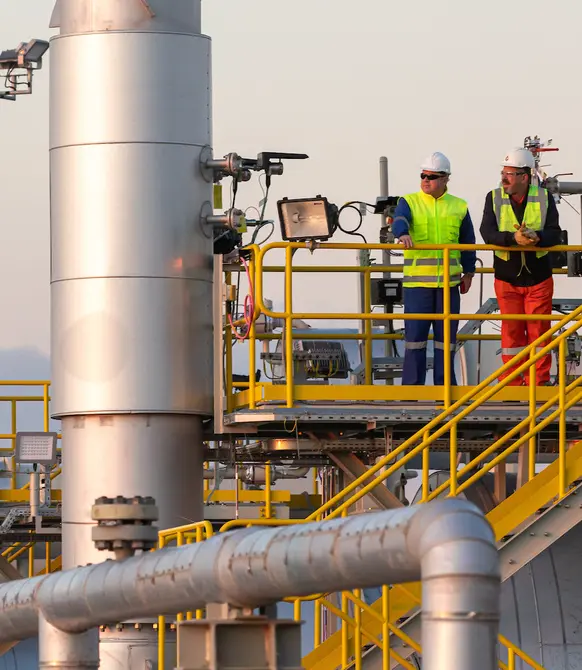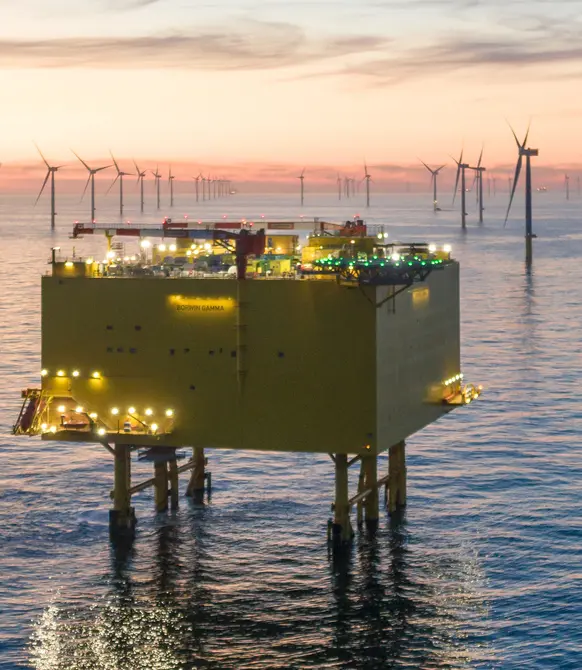Stories and opinion
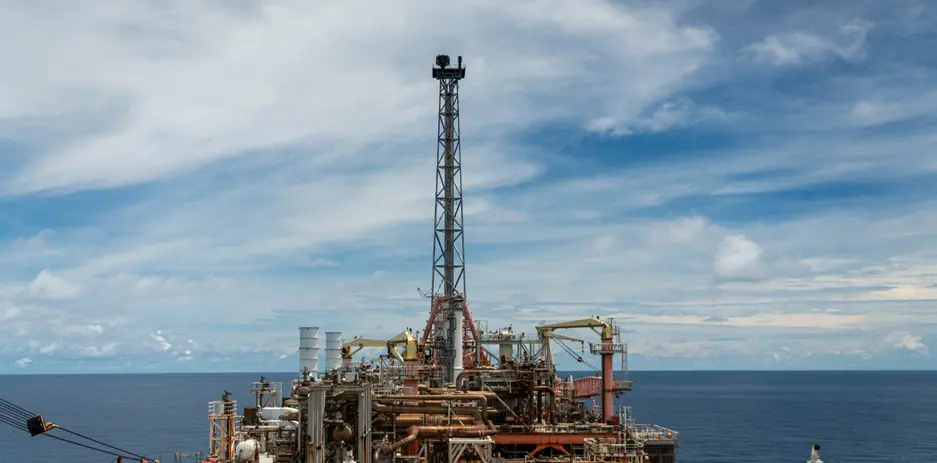
Maximising local value beyond shutdown
When Petrofac began the Northern Endeavour decommissioning project in 2022, a commitment to community and economic benefits was considered as important as the technical scope. Now, with the FPSO about to be towed away from its mooring in the Timor Sea, what’s the reality? How much of the value has remained in-country?
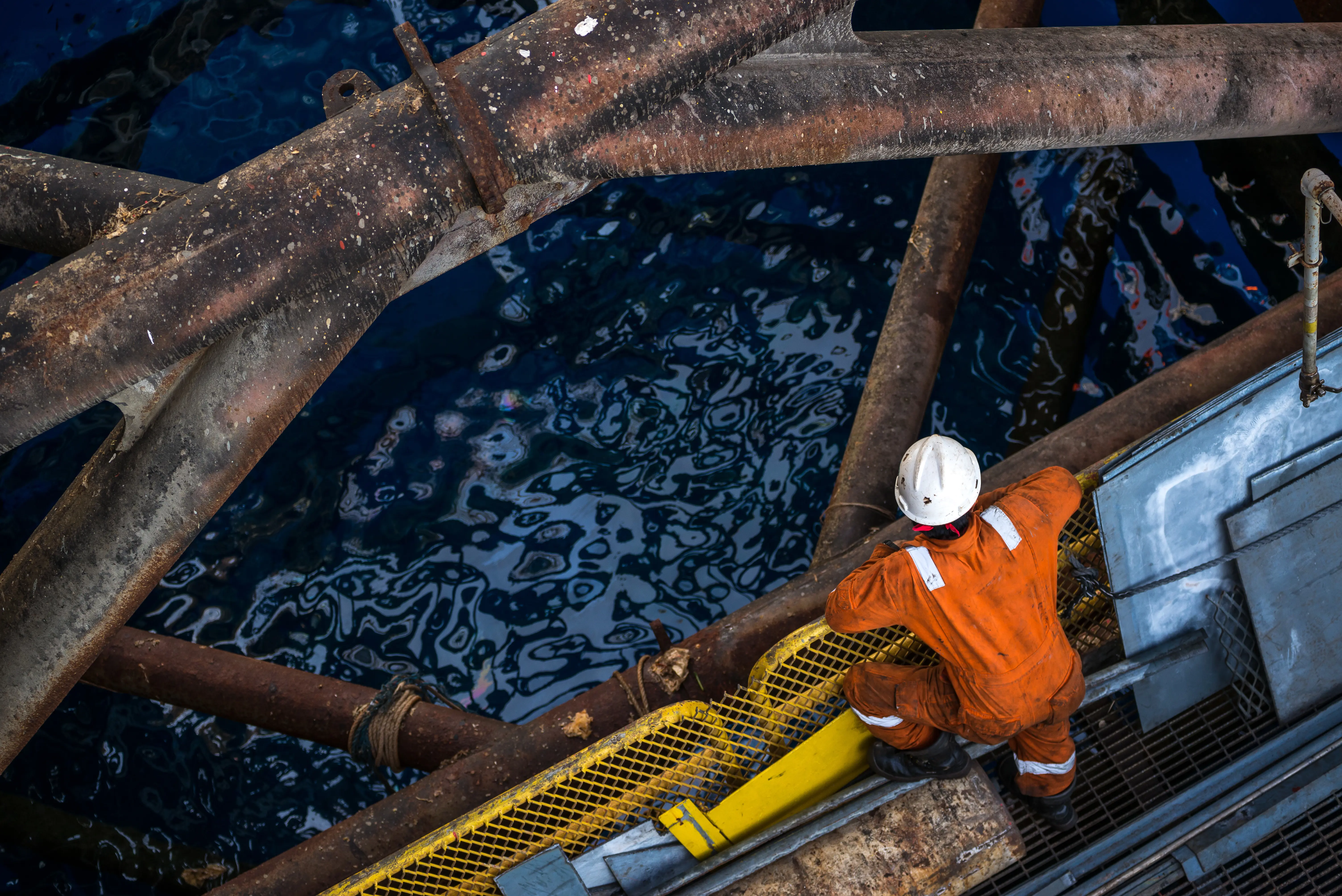
Fulfilling potential: what’s next for the North Sea?
With so much happening across so many dimensions, argues Ed Jones, Petrofac’s Head of Business Development for Asset Solutions, UK companies have much to offer, both at home and across the global energy industry.
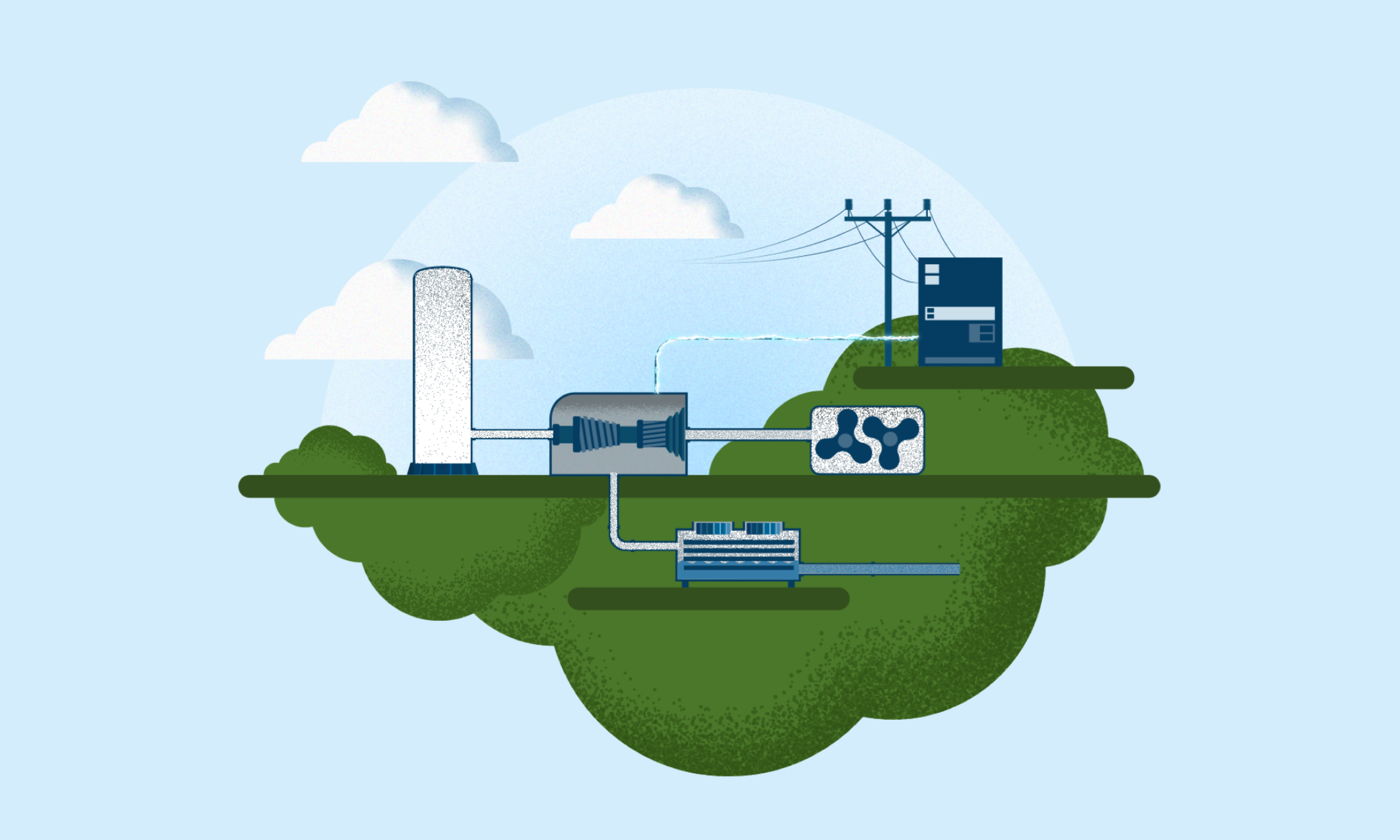
Tomorrow’s refinery is already within reach
It may sound like a contradiction in terms, but refineries can be clean and green.
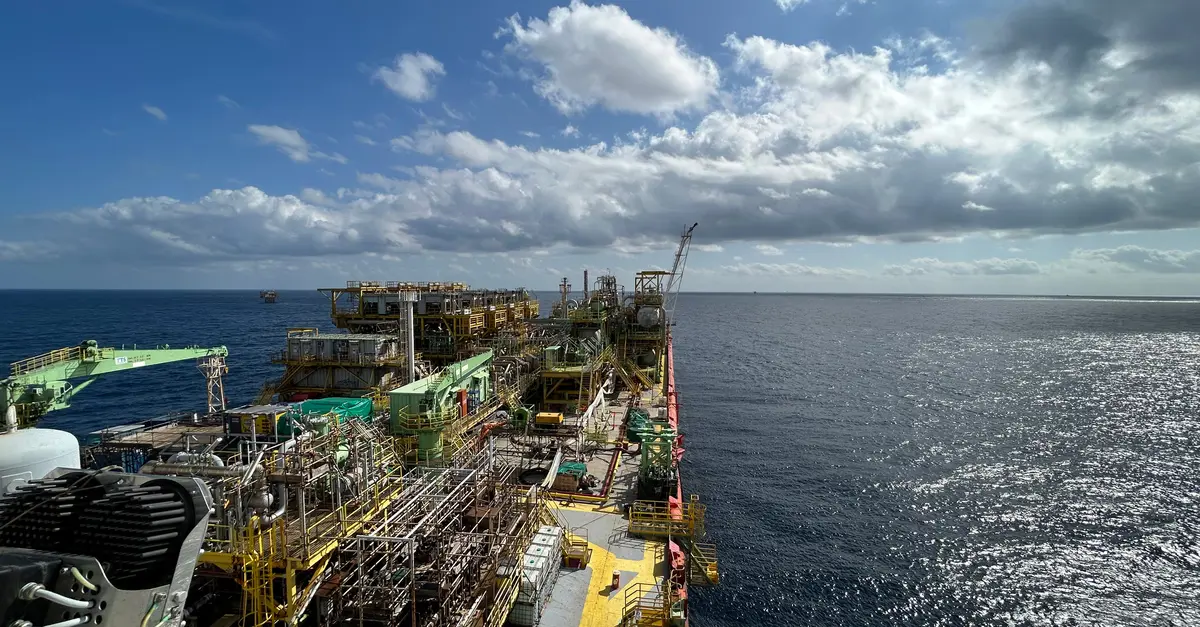
Helping to build West Africa’s energy future
The right time; the right place; the right mix of Petrofac credentials
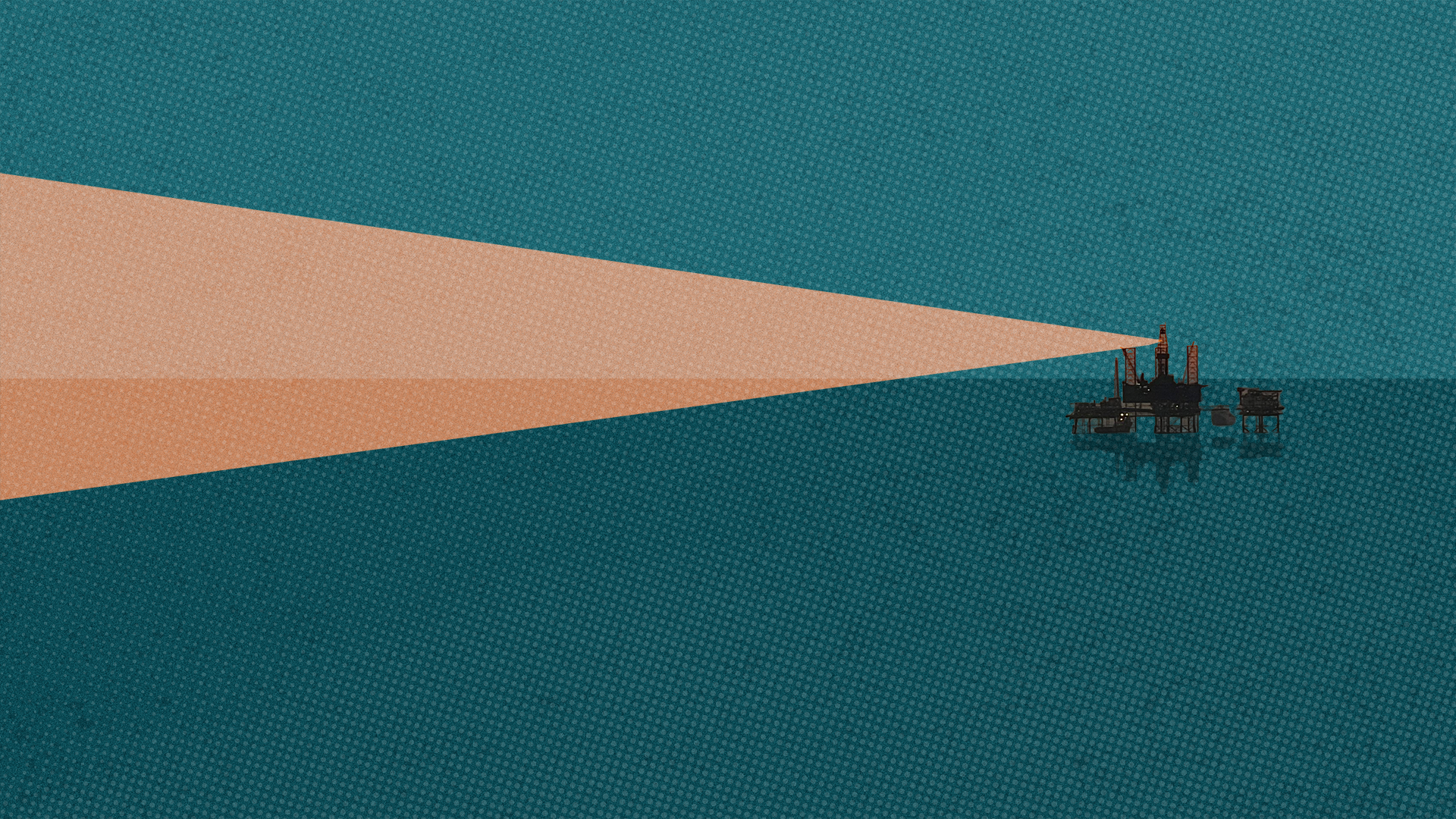
Leave the (right) lights on
With many of the world’s 12,000 offshore oil and gas platforms approaching end of field life, the decommissioning sector is increasing in prominence. In fact, it’s already valued at US$6.97 billion annually and growing at more than 9% a year.
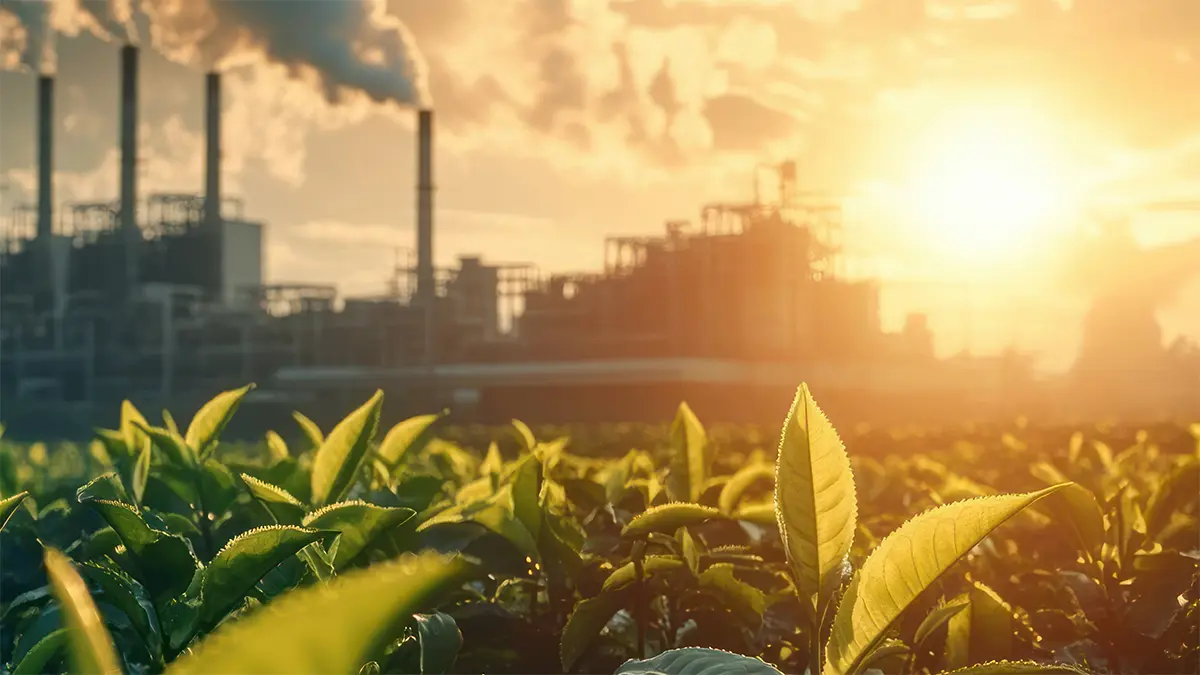
Beyond boundaries: addressing emissions
Yash Raj, our Senior Sustainability Engineer, shares his thoughts on how a bit of teamwork can have a lot of impact on the carbon intensity of the energy sector.
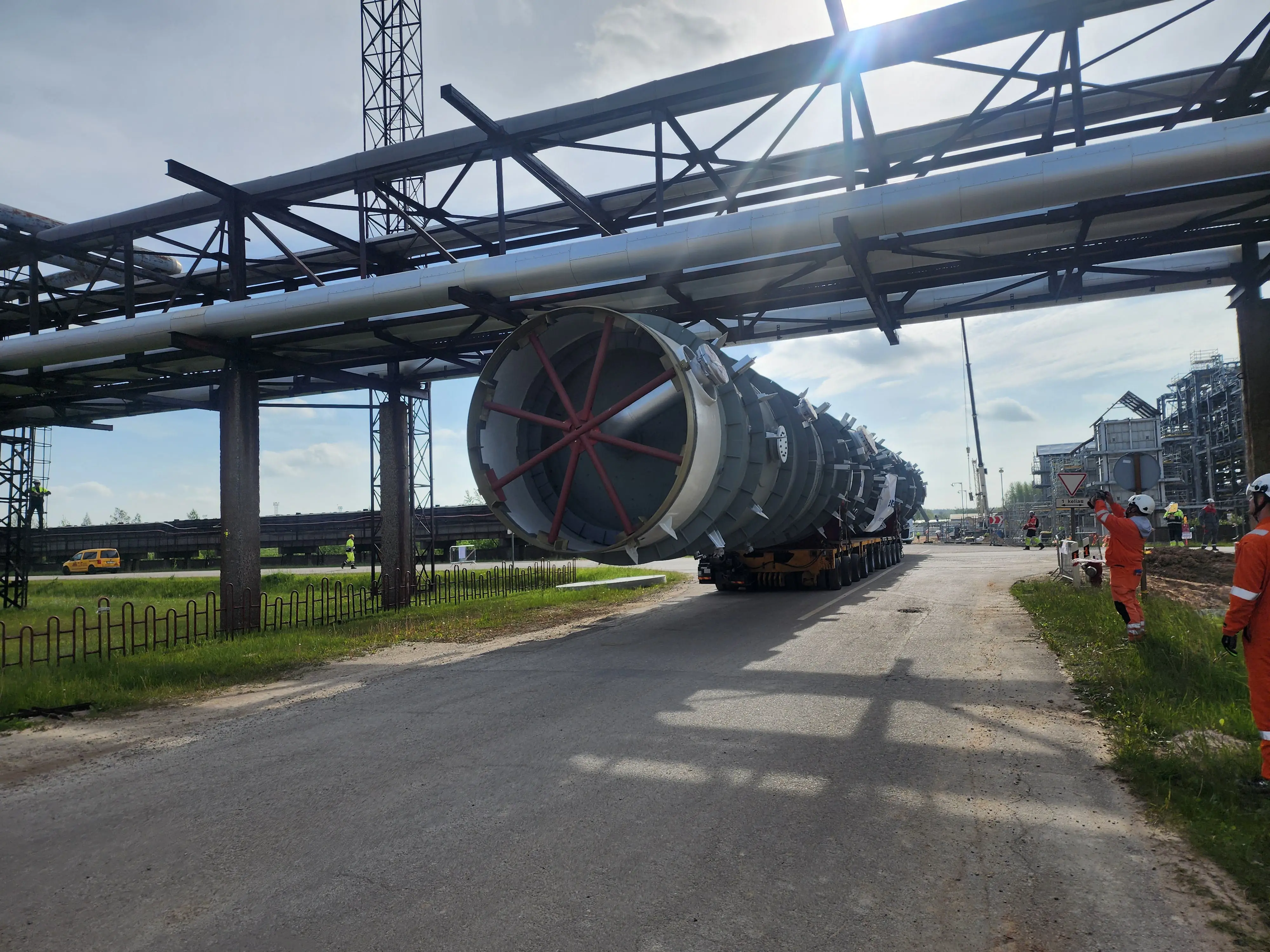
Threading the needle
In a carefully orchestrated display of engineering expertise and teamwork, our project team in Lithuania successfully transported and installed a new stabiliser column, a key milestone in the modernisation and expansion of PC ORLEN Lietuva’s Mažeikiai Refinery.
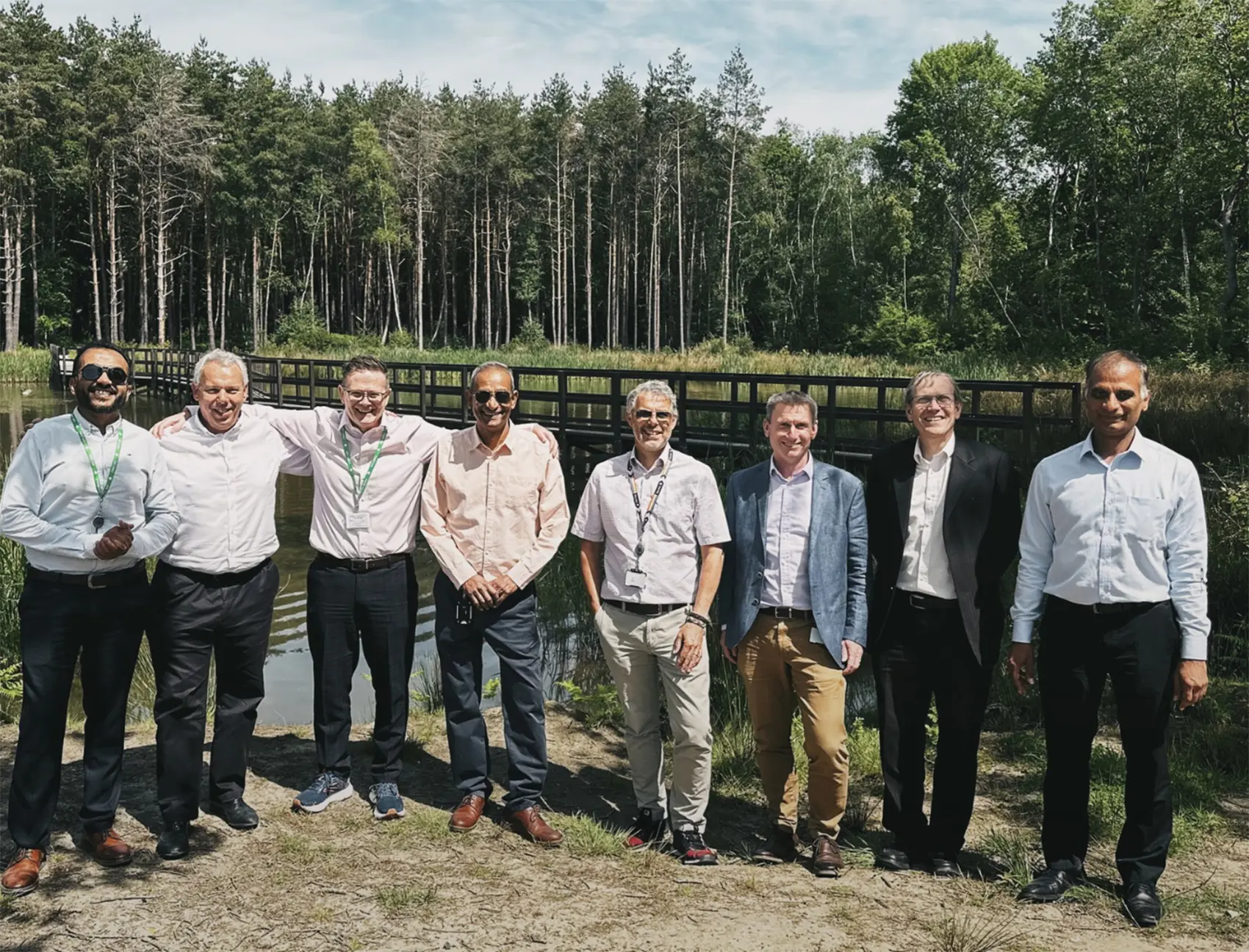
More than a step count: Building habits, health, and connection
From pacing on calls to walking with colleagues between meetings, this year’s challenge reminded us that even the smallest steps can lead to a healthier, happier workplace.
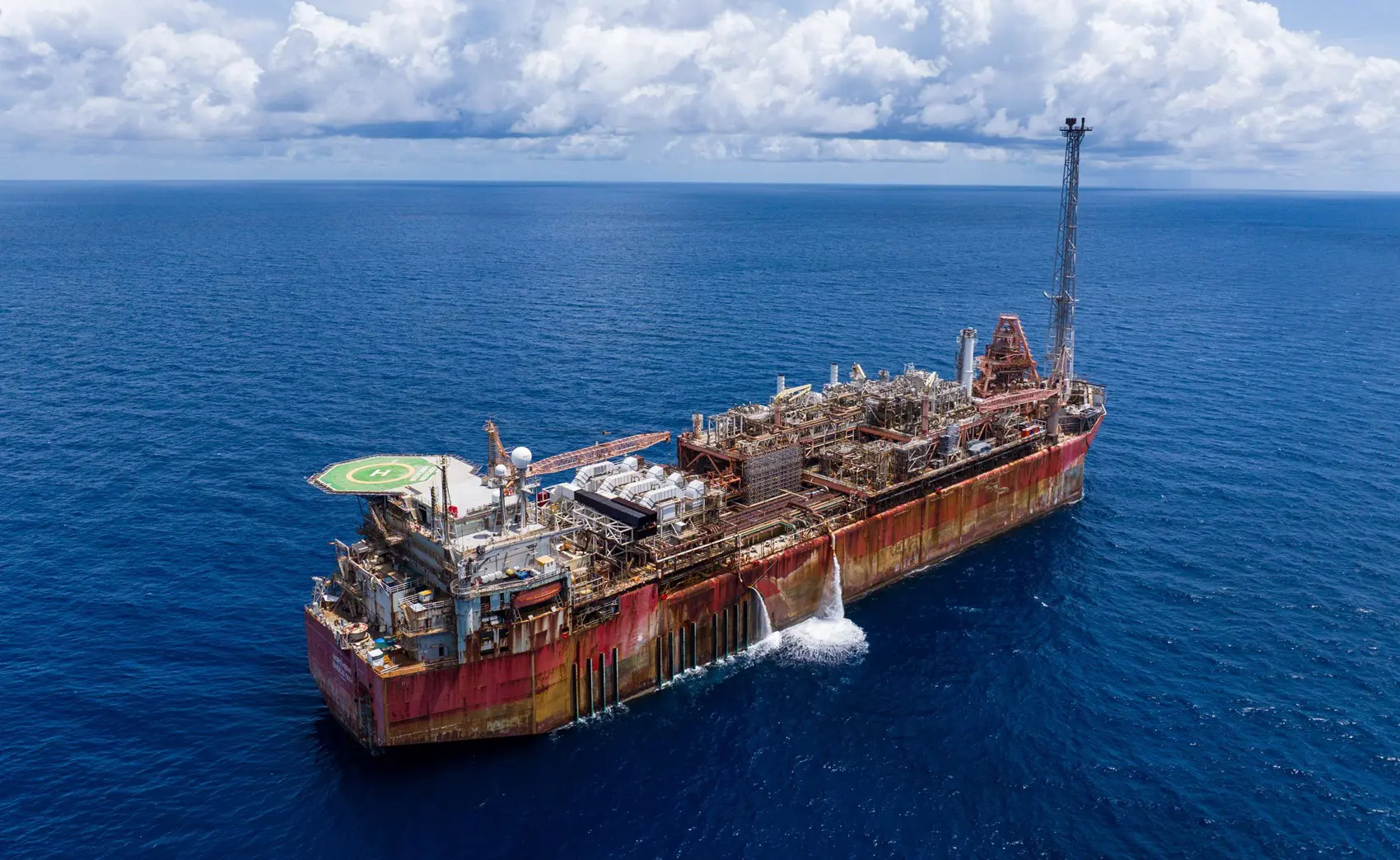
Breaking ties: a new chapter in the Endeavour story
It’s difficult to overstate the significance of the Northern Endeavour decommissioning project. It’s significant for Petrofac, significant for Australia, and significant for the global decommissioning sector. With Phase 1 of the project nearing completion, the team has been reflecting on the lessons learnt and what they mean for the future.
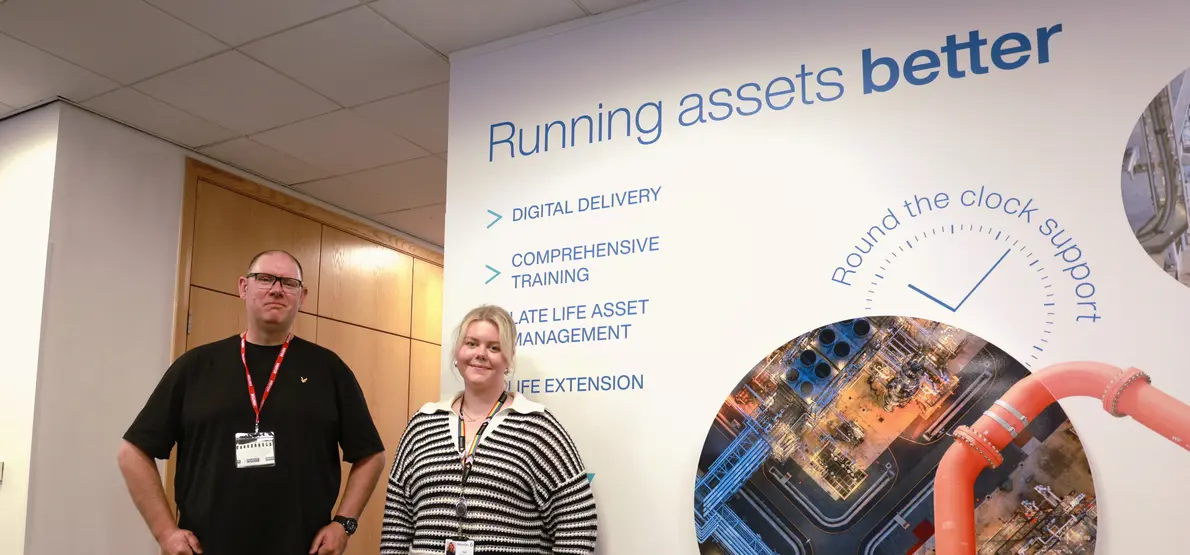
Expanding opportunities in Sub-Saharan Africa
Petrofac’s Asset Solutions business continues to grow in Africa.


